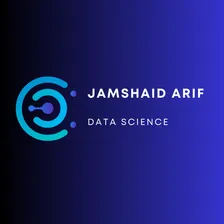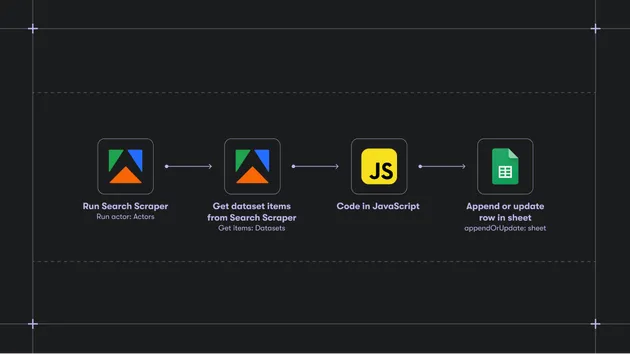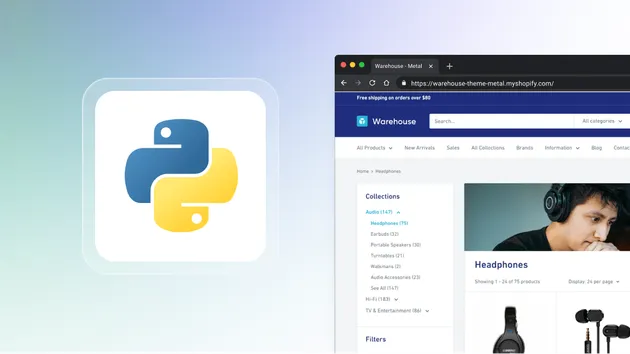skool scraper
Pricing
$10.00/month + usage
skool scraper
This scraper is designed to collect follower profiles from Skool.com using Apify. It allows you to automate the extraction of follower data from specific user profiles on Skool.com. Simply enter the link for the followers page into the Apify Actor, and the scraper will take care of the rest.
Pricing
$10.00/month + usage
Rating
0.0
(0)
Developer

Jamshaid Arif
Actor stats
1
Bookmarked
30
Total users
1
Monthly active users
a month ago
Last modified
Categories
Share




